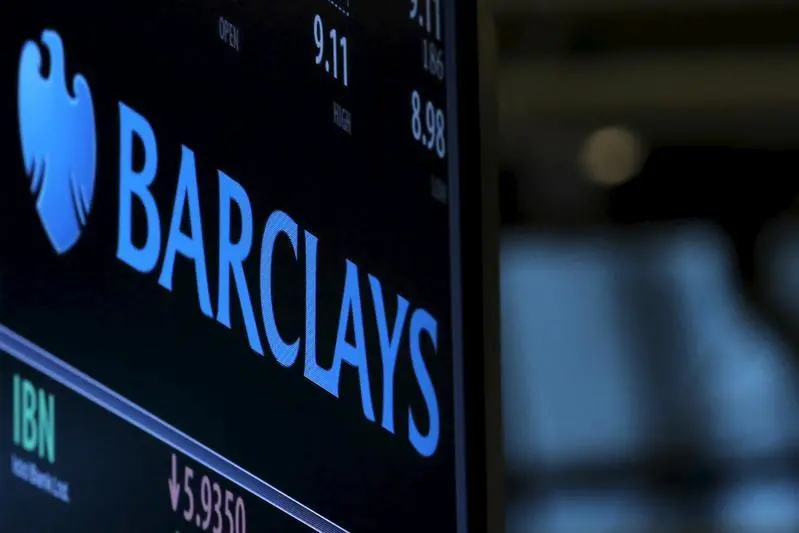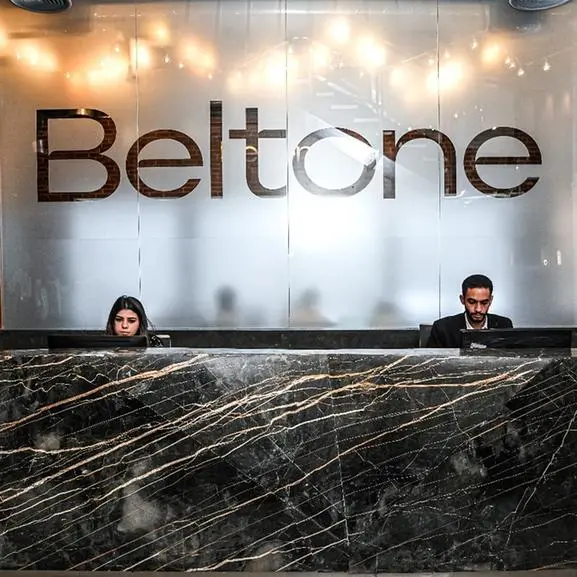PHOTO
In partnership with venture capital firm Anthemis, banking group Barclays is expanding its female-focused start-up fund to Europe with a London-headquartered mentorship programme.
The British bank will be the anchor limited partner of a $30 million early-stage start-up fund managed by Anthemis, with the cash solely invested in the UK and European-based female fintech founders.
All portfolio companies will automatically be enrolled into Barclays’ Female Innovators Lab, which will provide entrepreneurs with access to office space, mentorship and advisory services.
The partnership will be led by Katie Palencsar, investor and global head of venture studio at Anthemis, who also ran the fund’s New York iteration that made its first investment in 2020.
She will be supported by Sonal Lakhani, global head of programmes and strategic initiatives Barclays’ group innovation office.
“This is a programme that’s needed. Unfortunately, the conscious and unconscious biases that female founders face are not restricted to US borders. It’s global, it’s pervasive and it definitely exists within the UK and Europe, too,” Lakhani said.
Venture funding for female entrepreneurs fell to a three-year low in the third quarter of 2020, according to data from PitchBook, as the effects of the pandemic hit marginalised groups harder than others.
In Europe, just 2.1 per cent of the total capital invested in venture-backed start-ups last year went to companies funded solely by women.
Cheques cut from the Barclays’ European fund will typically be between $400,000 and $1 million, with an option reserved for one round of follow-on investment.
After that, companies will exit the Lab, Lakhani said, though Barclays may make additional strategic investments via its principal investing team in companies that are of use to the bank.
Palencsar said the partnership had invested in five companies via its US arm, including influencer-focused e-commerce start-up SwayPay and First Boulevard, a digital bank for Black Americans. Anthemis, which has backed eToro, Monese and Tide, partnered with UBS last year in a strategic deal for its $200 million UBS Next fund.
“I don’t look at it as if we need to tap into just that one area of just writing cheques or just speaking up.”, said Palencsar. “I think it is ultimately multiple constituents participating in the ecosystem from hiring talent to investing.”
Despite the lack of funding for female fintech entrepreneurs, the need for greater diversity in the sector has been largely overlooked in recent major UK policy initiatives, as mentioned in the Fintech Files.
The landmark Kalifa Review, published in March, did not include the terms ‘Black’, ‘ethnicity’, ‘BAME’ or ‘female’, while ‘women’ was used only once, in reference to the name of an existing industry accreditation.
Lakhani said Barclays’ decision to focus on women with this fund was “a no-brainer”, viewing their businesses as under-invested assets in technology circles that can provide new perspectives on current financial problems.
“Fintech is one of the most dire sectors for female funding, and so when there was an economic crash or global pandemic, everybody kind of battened down the hatches and focused on what they can invest in or who they know,” said Lakhani.
She added: “We do see women as key to our economic recovery and we think you can’t ignore 50 per cent of the population if we are looking at how we can come out of this.”
She said the bank has been “inundated” with applications for its New York cohort and anticipated a similar reaction in Europe. She highlighted embedded finance, where non-banks provide banking services to customers, as a particularly attractive area for investment.
“Why is it specifically important for us to support female founders? I think it’s better to turn that question on its head – why would you not support an upcoming business proposition, which is coming at something from a completely different angle and where there’s a great investment opportunity for us?”, she said.
(The writer is our foreign correspondent based in the UK)
2021 © All right reserved for Oman Establishment for Press, Publication and Advertising (OEPPA) Provided by SyndiGate Media Inc. (Syndigate.info).





















